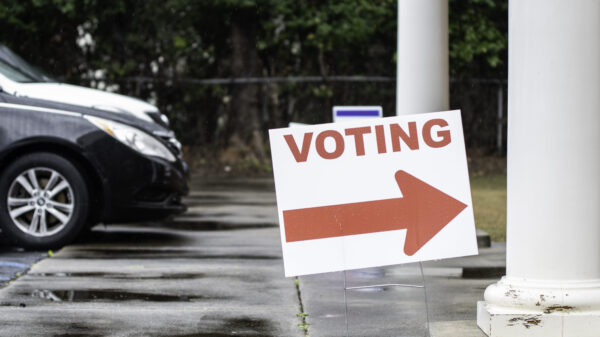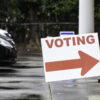By Beth Clayton
Alabama Political Reporter
MONTGOMERY–Today the Supreme Court announced a 5-4 decision in Shelby County v. Holder, the case which challenged section five of the 1965 Voting Rights Act.
Under section five, states with a history of discrimination in voting rights must have changes to election plans pre-cleared by the US Justice Department before those plans could be implemented. This includes everything from changing an election date to moving a polling location to drawing municipal districts.
The court’s ruling actually undercut section five by striking down section four, the section which set the formula to determine which jurisdictions would fall under section five pre-clearance.
Attorney General Luther Strange called the ruling “an important victory for the fundamental constitutional principle that all states enjoy equal sovereignty,” and Secretary of State Beth Chapman said the decision “is a pivotal time in Alabama’s election history.”
Senate Minority Leader Vivian Figures said she was “saddened and disappointed” by the Supreme Court’s decision, which Senator Hank Sanders (D-Selma) called “the most destructive decision in the last 60 years.”
Chapman said that the pre-clearance requirements were no longer necessary for Alabama because “we are not the same state we were decades ago.”
“We are not the same as we were in 1965. But the reason we aren’t is not because of a change of heart or a change of attitude. It’s because of section five,” Sanders responded.
In the past three years, Alabama has passed several voting-related laws that will no longer require judicial clearance.
In the 2013 regular session, lawmakers passed a bill sponsored by Representative Wes Long (R-Guntersville) that shortened the length of time to register to vote by seven additional days. Under Long’s bill, Alabamians can not register to vote within 17 days of an election.
One of the most immediate and far reaching impacts of the Supreme Court decision will be reflected in the voter identification law that passed in 2011. This law, sponsored by Representative Kerry Rich (R-Albertville), requires a photo ID to vote.
The law passed over two years ago, however the state never sought pre-clearance for the legislation. Now, the law will no longer require Justice Department clearance. The photo identification law is set to go into effect during the primary election in 2014.
Now that Alabama does not require judicial pre-clearance, “I think you’ll see all kinds of new ways to try to limit the right to vote,” Sanders said. “The creativity will manifest itself in a thousand different ways.”
Under the Supreme Court decision, Congress will now be given the opportunity to draft a new formula to determine which states will be covered under section five.
“Alabama will only be subject to the pre-clearance process if Congress adopts a new coverage formula that includes Alabama,” Strange said. “But let me be clear, I do not believe Alabama should be included under any new coverage formula that Congress might adopt.”
Sanders said that Congress needs to develop, pass and implement a new formula. “A great deal of focus needs to be put on Congress” to ensure this formula gets through.






















































